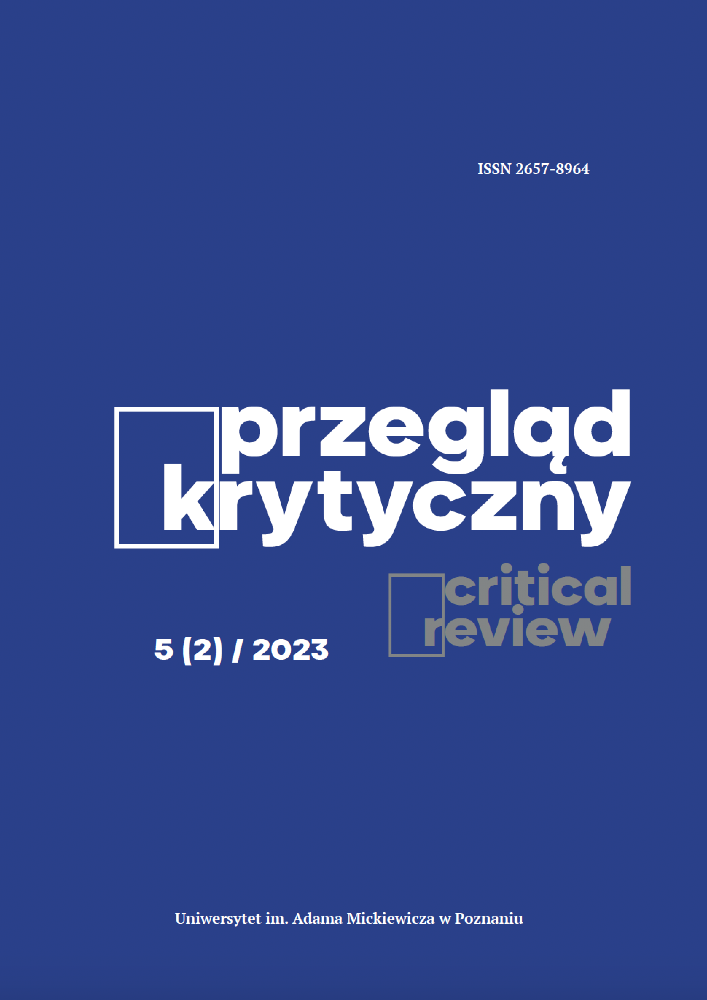Embedded concepts: comparative analysis of the meaning of education policies
Embedded concepts: comparative analysis of the meaning of education policies
Author(s): Jekatyerina Dunajeva, Hanna SiarovaSubject(s): State/Government and Education, Sociology of Education
Published by: Uniwersytet Adama Mickiewicza
Keywords: embedded; education policy; neoliberalism; national context;
Summary/Abstract: The study demonstrates that the definition and meaning of education, and by extension of educational inequality, are embedded in countries’ historical, political and social environments while responding to exogenous changes and international trends. We comparatively discuss the experience of 4 countries (Norway, Finland, Lithuania and Hungary) to unpack the historical underpinnings of how education is framed in policy documents. Building on that, we review the effects of neoliberal ideas with their universalist dogma that have affected policy making in all cases and assess to what extent the meaning of education was decoupled from its historical framework. Our findings are relevant for understanding not only the process of policy change but, in particular, how the meaning of concepts within educational policy changes over time. We suggest that embedded concepts carry meaning that has evolved over time and become strongly entangled with the country’s history and culture while prevailing ideologies (neoliberalism and, in the case of Hungary, neoconservatism) also generate considerable effects on education policies.
Journal: Przegląd Krytyczny
- Issue Year: 5/2023
- Issue No: 2
- Page Range: 15-32
- Page Count: 18
- Language: English

